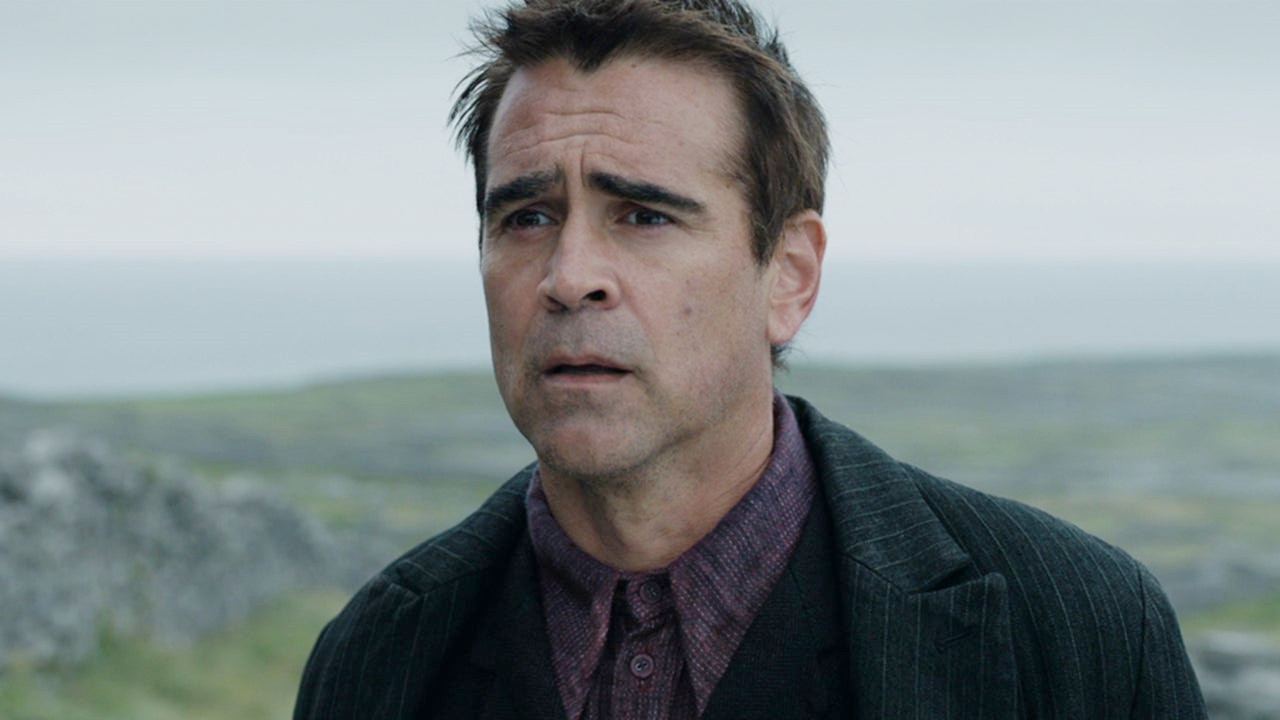
Looking back, 2022 has been an outstanding year for cinema. Though the future of the industry remains in constant flux, and the theatrical experience has yet to fully recover from the pandemic, moviegoers were still treated with a wide-ranging assortment of titles at the multiplex that proved that cinema is alive and well.
The long-gestating sequels for “Avatar” and “Top Gun” both found enthusiastic audiences and earned impressive box-office receipts, while Matt Reeves’ gritty Batman reboot provided quality popcorn thrills just when superhero fatigue was about to kick in. A24 produced another batch of impressive titles with unexpected comebacks (“The Whale”) and breakout roles (“Pearl”), and everyone from Elvis Presley to Whitney Houston and Marilyn Monroe got the biopic treatment this year. On the streaming side of things, Netflix treated us with a handful of pleasant surprises among its algorithm-infested catalog, including new offerings by Alejandro Iñárritu (“Bardo”), Guillermo del Toro (“Pinocchio”), and Noah Baumbach (“White Noise”).
Narrowing this bounty of hits down to twenty films was no easy task, which explains the omission of list-worthy runners-ups like Steven Spielberg’s heartfelt memoir piece “The Fabelmans”, Laura Poitras’ poignant docu-drama “All the Beauty and the Bloodshed”, Jafar Panahi’s defiant “No Bears”, and Jerzy Skolimowski’s understated “EO”, all of which deserve a big shoutout. From populist studio fare to underrated arthouse gems—here are 10 titles that reminded us this year what movies, at their very best, can do.
20. RRR (S.S. Rajamouli)
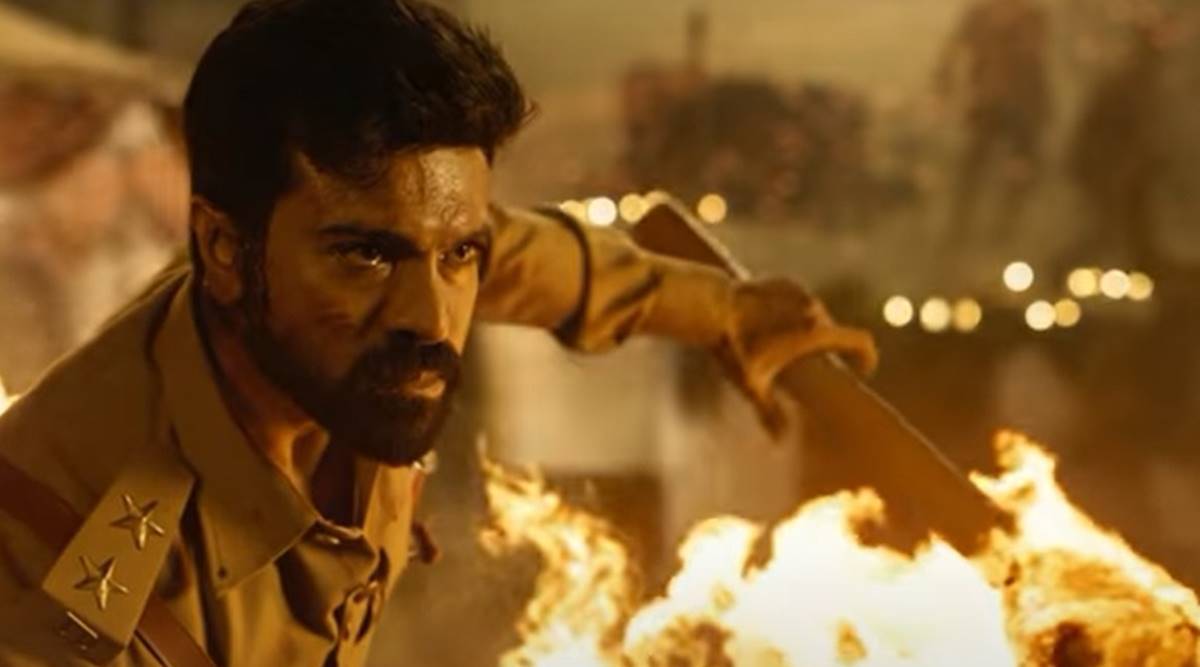
In a moment when Hollywood epics feel in short supply, S.S. Rajamouli’s Telugu-language crossover-hit—packed to the brim with insane action sequences, heroic tiger wrestling, and over-the-top music dance-offs—reminded global audiences what a purely unadulterated, maximalist spectacle looks like.
Whether or not “RRR” deserves a place in the upper echelon of 2022 cinema is both debatable and beyond the point; no other film gave audiences more bang for their buck this year than this three-plus hour anti-colonialist saga, which doubles down as an epic bromance and absurdly fun theatrical viewing. So many modern IPs indulge in nudge-nudge-wink-wink irony that it feels novel to watch a movie that actually embraces its melodrama and takes pride in such pulp pleasures. Rise, Roar and Revolt, “RRR” did.
19. Walk Up (Hong Sang-soo)
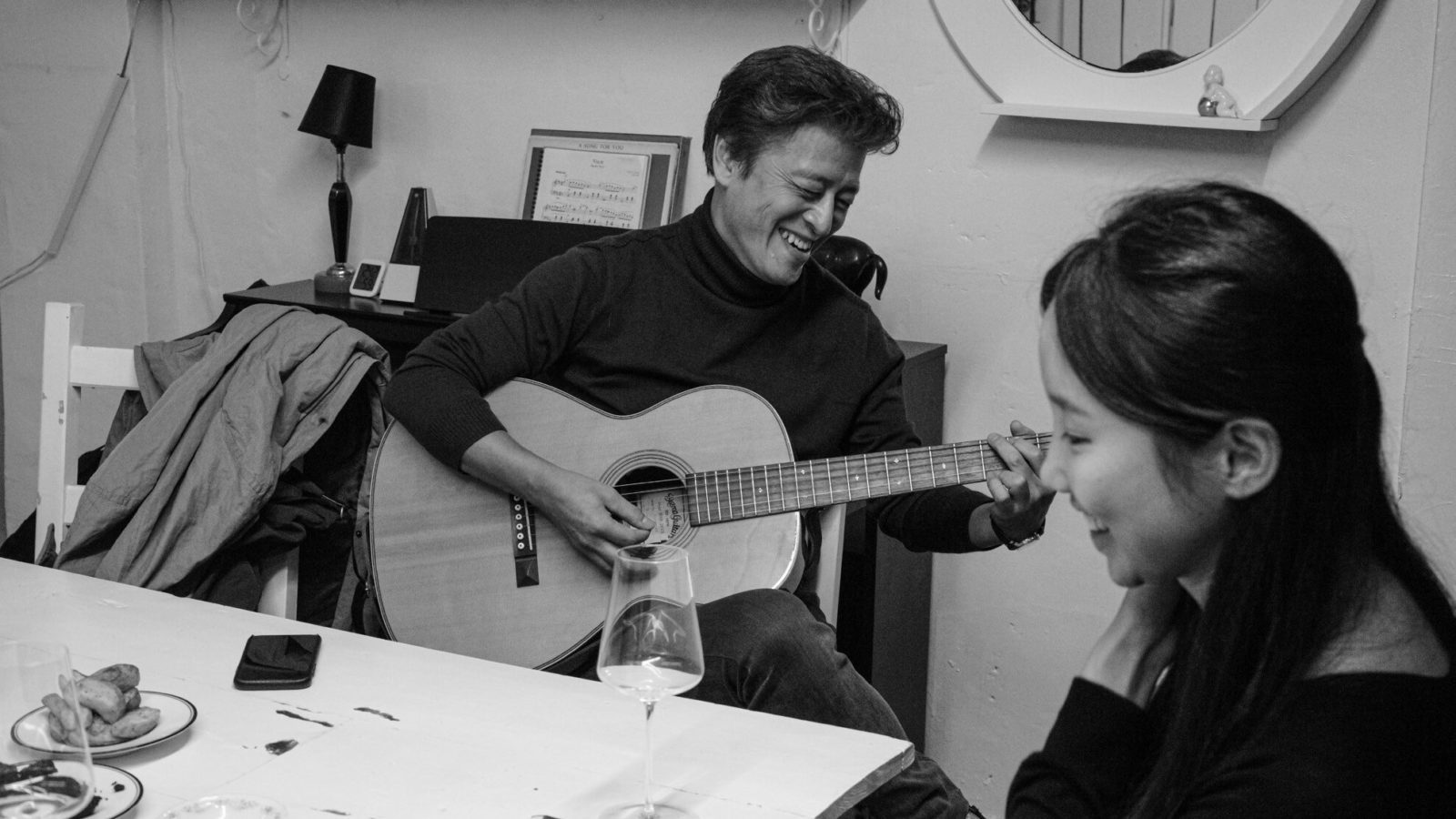
The chronic dysfunctions, thwarted connections and domestic frictions of a lapsed filmmaker are observed with candid insightfulness in the umpteenth character study by cinema’s king of the mundane, Hong Sang-soo.
Perhaps most impressive than the breakneck speed in which the prolific South Korean auteur works—he could have just as easily been tapped this year for “The Novelist’s Film”—is the fact that he somehow continues to find delightful new perspectives on his trademark themes. In pure Hong fashion, the main character in “Walk Up” tries to conform to the sour vagaries of life, bumping into old acquaintances and jumping from fling to fling until reaching an existential impasse. Newcomers might struggle to tune into Hong’s inimitable wavelengths, but those who endure his languid pace and elliptical rhythms will find a revelatory text here: one that comically reveals the endless absurdities of everyday life.
18. Mad God (Phil Tippett)
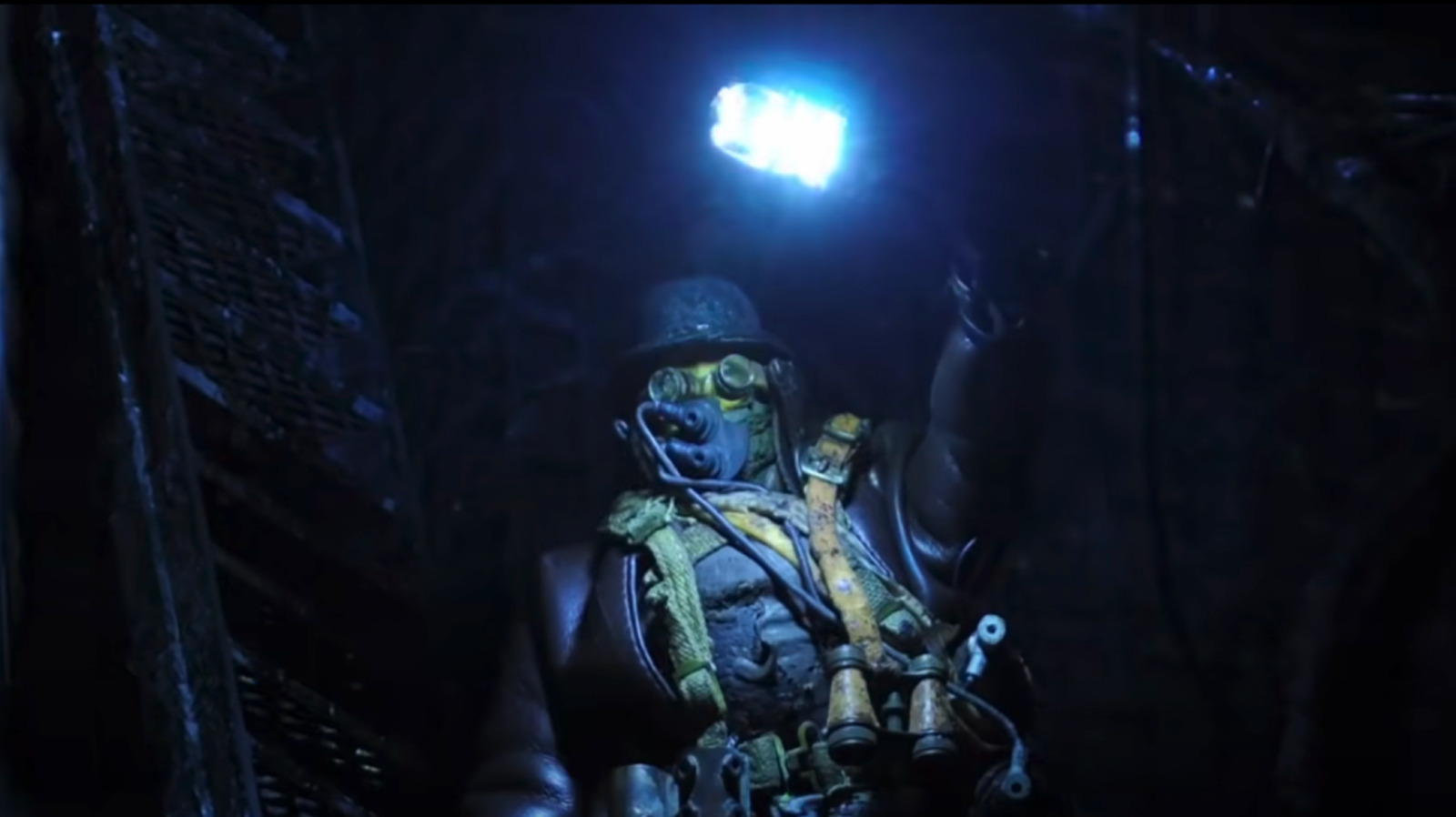
Nothing else has ever looked or felt like “Mad God”, a hand-drawn marvel more than 30 years in the making that grabbed audiences by the throat with a kaleidoscopic blend of traditional stop-motion animation and Phil Tippet’s darkly warped mindscape.
Originally conceived during the early ’90s by the renowned VFX artist behind pop culture tentpoles like “Star Wars”, “Jurassic Park” and “RoboCop”, this quixotic undertaking completely dispels narrative or dialogue, instead plunging viewers head-on into a grim, post-apocalyptic hellscape full of nightmarish horrors, grotesque creatures and arresting imagery. At once shocking in its macabre brutality and blankly inscrutable with its endless abstractions, Phil Tippett’s visual feast to the senses must be seen to be believed.
17. Corsage (Marie Kreutzer)
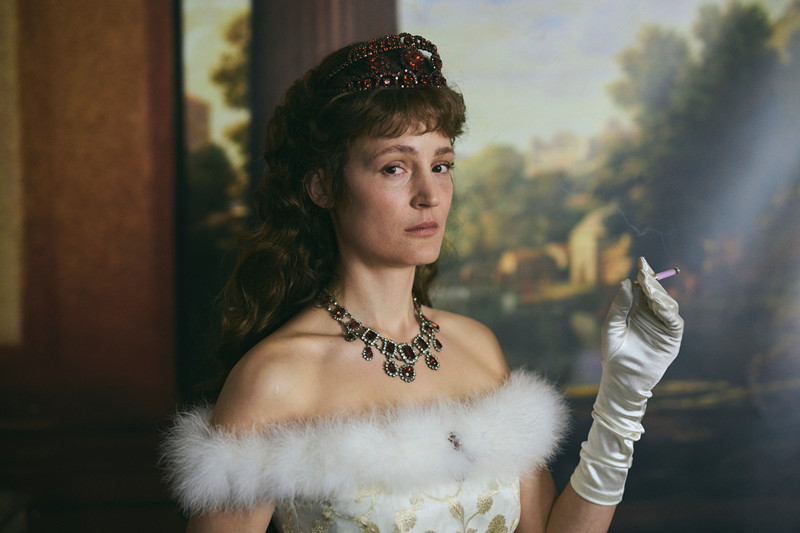
Marie Kreutzer’s refreshing take on Empress Elisabeth of Austria was always destined to draw comparisons with fancy royal biopics like “Marie Antoinette”, “The Favourite” or last year’s “Spencer”. But if the thematic kinship with these sturdy, irreverently feminist period dramas is fairly self-evident, “Corsage” is telling proof that the formula has yet not been exhausted.
Vicky Krieps puts in a star turn as the fabled Empress, who just turned 40 still trying to figure herself out in a gilded cage of public personas, royal duties, and loveless marriages. If the iniquities of Western aristocracy is a topic we’ve seen many times over, “Corsage” is fortunately able to separate itself from the crowd by giving its defiant femme a real sense of agency instead of simply reducing her to a one-note, martyred figure.
16. Broker (Hirokazu Kore-eda)
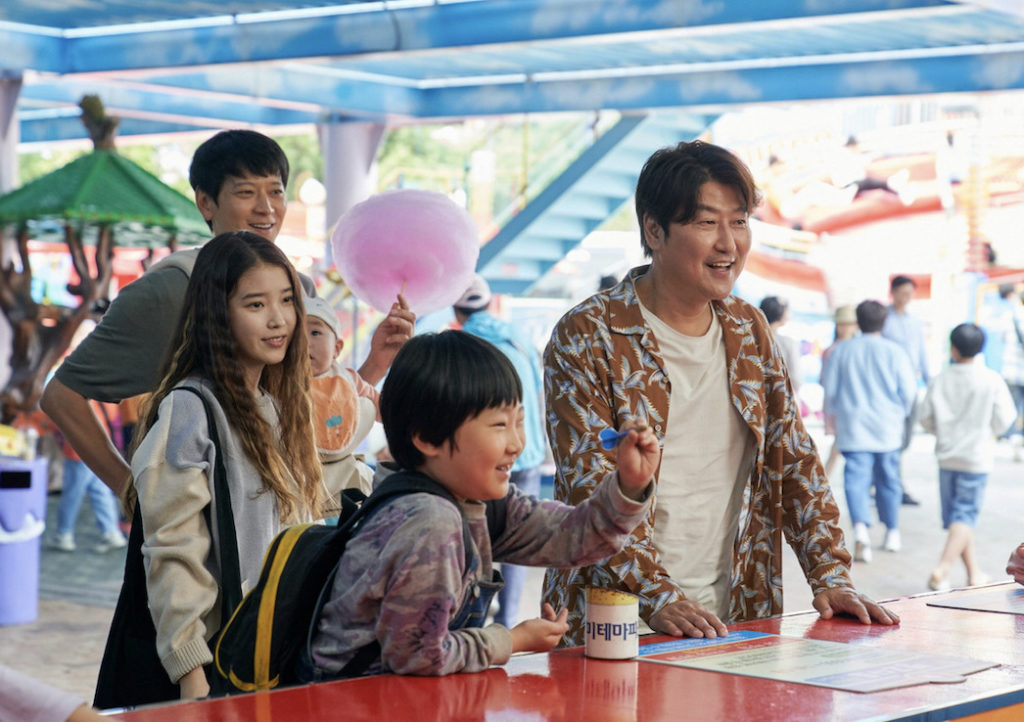
Even by the lofty standards of Kore-eda’s magisterial body of work, “Broker” stands out as one of the most delicate, enlightening, and compassionate domestic dramas ever penned by the Japanese master—one that tugs at the viewer’s emotional heartstrings by broaching complex questions about family, both biological and found, without it ever feeling heavy-handed or manipulative.
Spearheading the film’s ragtag group of misfits is the veteran and always-reliable Song Kang-ho, last seen in Bong Joon-ho’s 2019 Best Picture winner, as a charming, soft-hearted criminal you can’t help but end up rooting for. Though very much cut from the same cloth as “Shoplifters”, Kore-eda’s Korean-language debut gives a sublime expression to the director’s signature themes and delivers a big, warm cinematic hug to anyone who’s ever felt unwanted in their life.
15. The Northman (Robert Eggers)
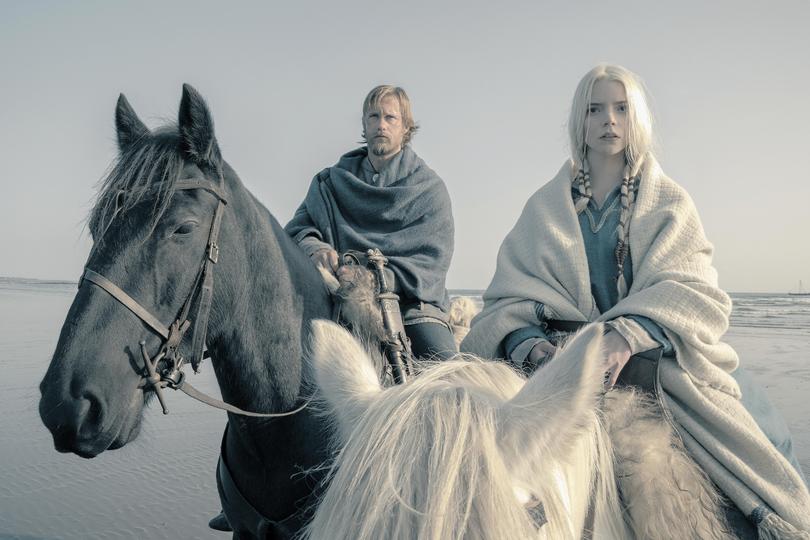
Based on the same 12th century Scandinavian legend that inspired William Shakespeare’s Hamlet, Robert Eggers’ brawny Viking saga about an exiled prince’s quest for revenge is the type of testosterone-fueled spectacle full of mud, bulging abs, and bloodshed the likes of which we hadn’t seen since Arnold Schwarzenegger’s heyday.
The fact that a major studio bankrolled a $90 million passion project of an esoteric filmmaker who earned his chops in indie horror films is admirable in and for itself. And on many fronts, “The Northman” makes good on its promise, juggling high art and pulpy pleasures in almost equal measure while boasting the same period accuracy and mythic grandeur that have become Eggers’ stylish calling cards. Action filmmaking doesn’t get much better than watching two bare-chested berserker warriors fight to death atop an erupting volcano.
14. Marcel the Shell with Shoes On (Dean Fleischer Camp)

As the old adage goes, good things come in small packages. Sometimes, that package is an adorable, tiny one-inch-tall mollusk who lives with his lovely grandma in an unoccupied Airbnb apartment.
At once an improbable word-of-mouth hit and the unquestioned feel-good movie of the year, Dean Fleischer Camp and Jenny Slate’s years-in-the-making debut feature, based on a series of YouTube shorts the couple posted back in 2010, sparked rarefied passions around the globe not only for its adorable protagonist but his surprisingly enlightening philosophical snippets—which raise salient points about the nature of loss and grief, the dangers of social media, and the importance of community. This is the kind of movie you either give in or you don’t—but if you do, you may find yourself uncontrollably weeping over a stop-motion shell.
13. Glass Onion: A Knives Out Mystery (Rian Johnson)
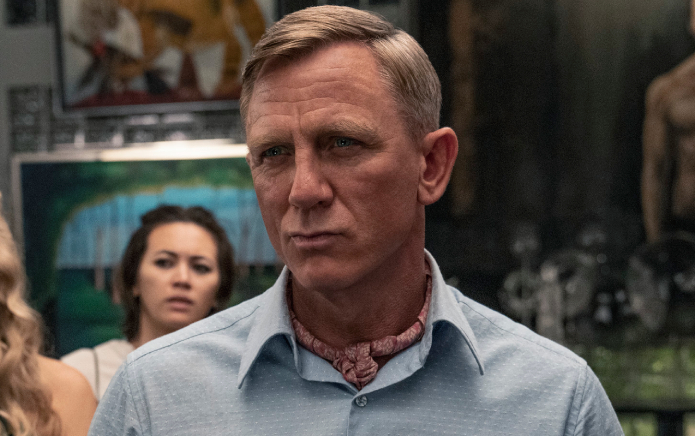
Dunking on the 1 percent has been something of a recurring theme at the multiplex this year. Few films, however, did it with such delirious gusto as Rian Johnson’s sharp-witted crime caper, the second installment in his Agatha Christie-inspired murder mystery saga starring Daniel Craig as debonair sleuth-for-hire Benoit Blanc.
Much like its successful predecessor, “Glass Onion” laces its satirical jabs on an unwieldy ensemble of filthy rich, all of whom become prime murder suspects throughout the course of an ill-fated weekend. Bolstered by a shifting web of double-crosses, a murderer’s row of Hollywood A-listers, and Johnson’s sleight of hand, “Glass Onion” provided the best twists and turns of the year and proved better tuned into the wavelengths of modern discourse than any other 2022 release.
12. Bones and All (Luca Guadagnino)
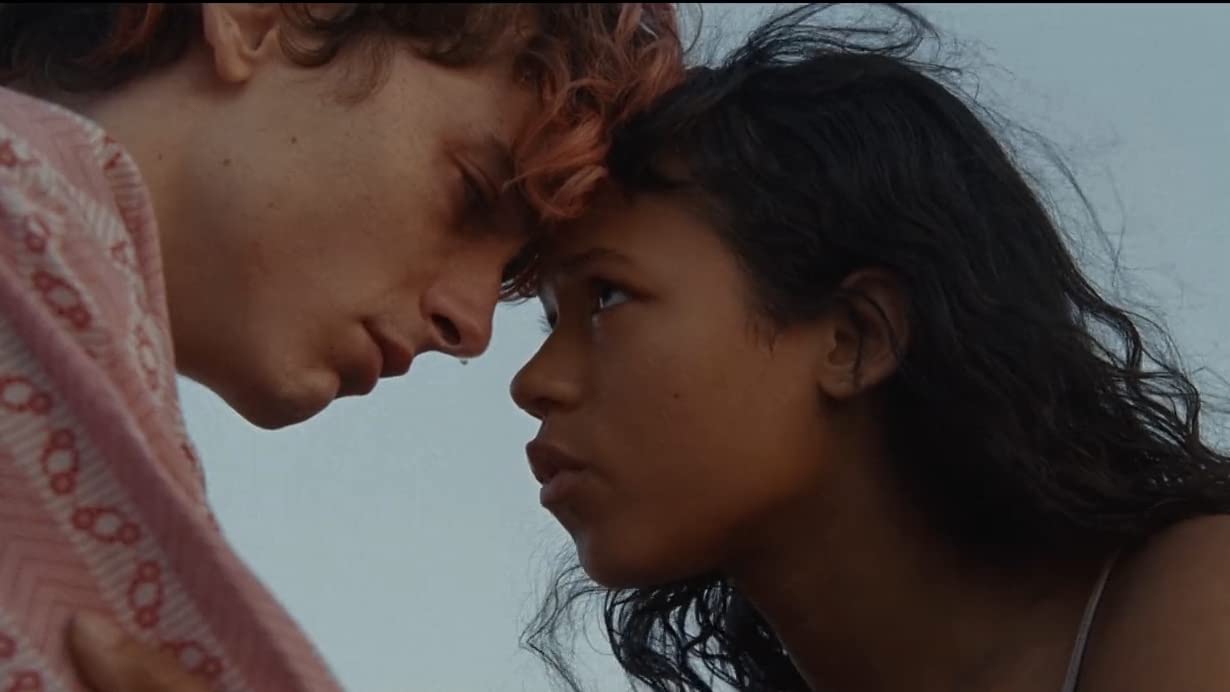
Romance, trauma, and violence collide in Luca Guadagnino’s gory, Malick-inspired horror-romance hybrid, in which two young wayward souls embark on an impromptu road trip all across the American heartland in search of belonging (and human flesh).
On the heels of the 2018 “Suspiria” remake, the Italian filmmaker managed once again to slip dexterously from B-movie trappings to arthouse sensibilities, conjuring up a soulful coming-of-age story that stretches the fabric of genre cinema to evoke gruesome horror and ethereal beauty in equal measure. Central to the film are Taylor Russell and Timothée Chalamet’s co-lead performances, both played with subtle vulnerability and impossible sensuality, as two hapless outsiders searching for identity. Though teeming with enough scares and gore to satisfy diehard horror aficionados, it’s the film’s strong emotional hook that resonates.
11. Crimes of the Future (David Cronenberg)
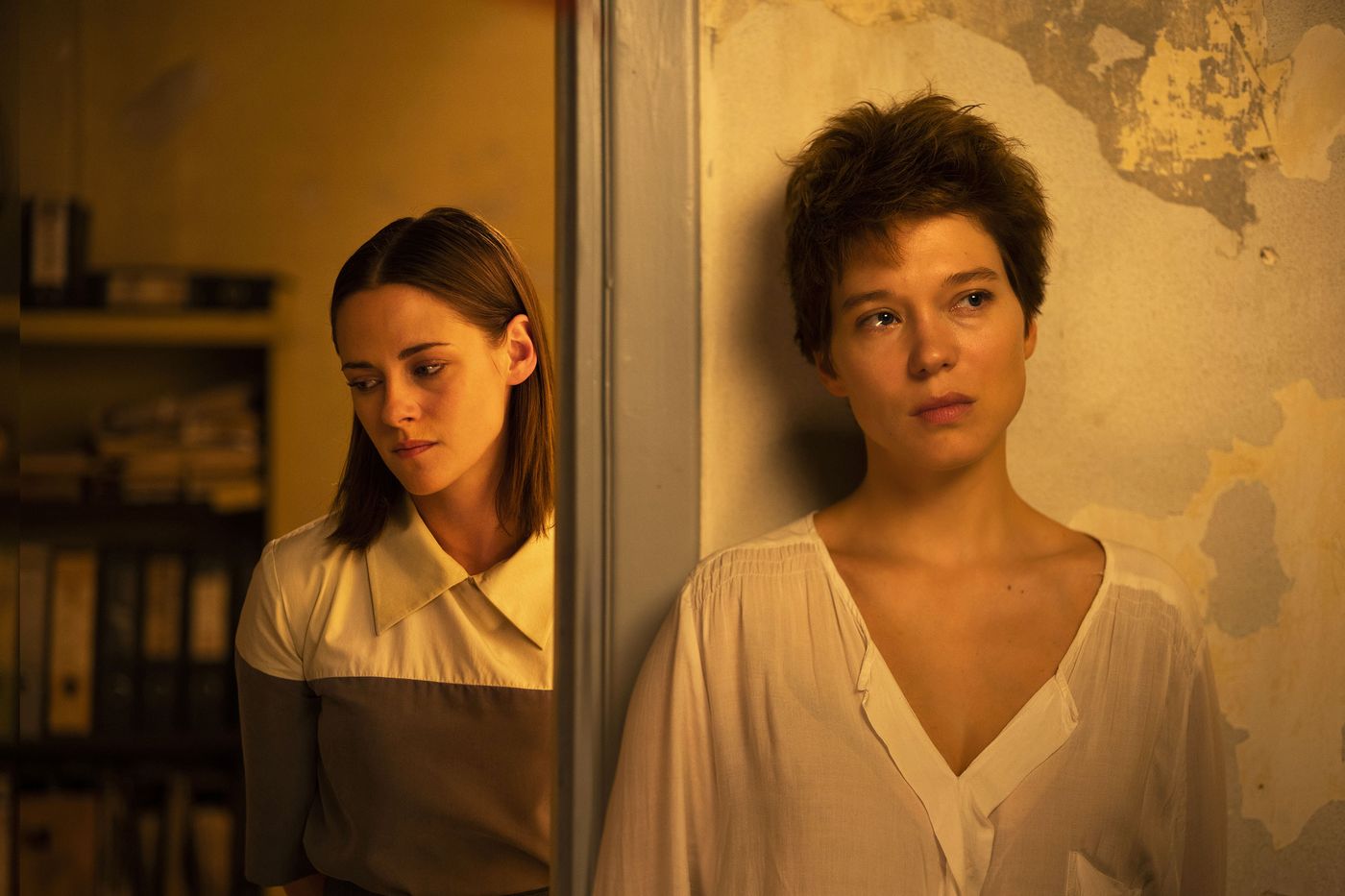
David Cronenberg’s long-awaited return after an eight-year absence was billed as a triumphant revival of the body horror subgenre by its greatest pioneer. Taken at face value, “Crimes of the Future” surely has all the hallmarks of a squirm-inducing, midnight-crowd thriller the Canadian has accustomed us to in the past half century.
On reflection, however, labeling his latest nail-bitter as anything but a major career breakthrough would be shortsighted—never has Cronenberg been as overly optimistic in mankind’s fate than in his 2022 late-stage opus, in which he pursues the idea of body transformation as a bold act of self-expression and a necessary mean of survival. At once provocative, profound, and stomach-churning, “Crimes of the Future” makes its timely observations not only fascinating but imperative in our day and age.